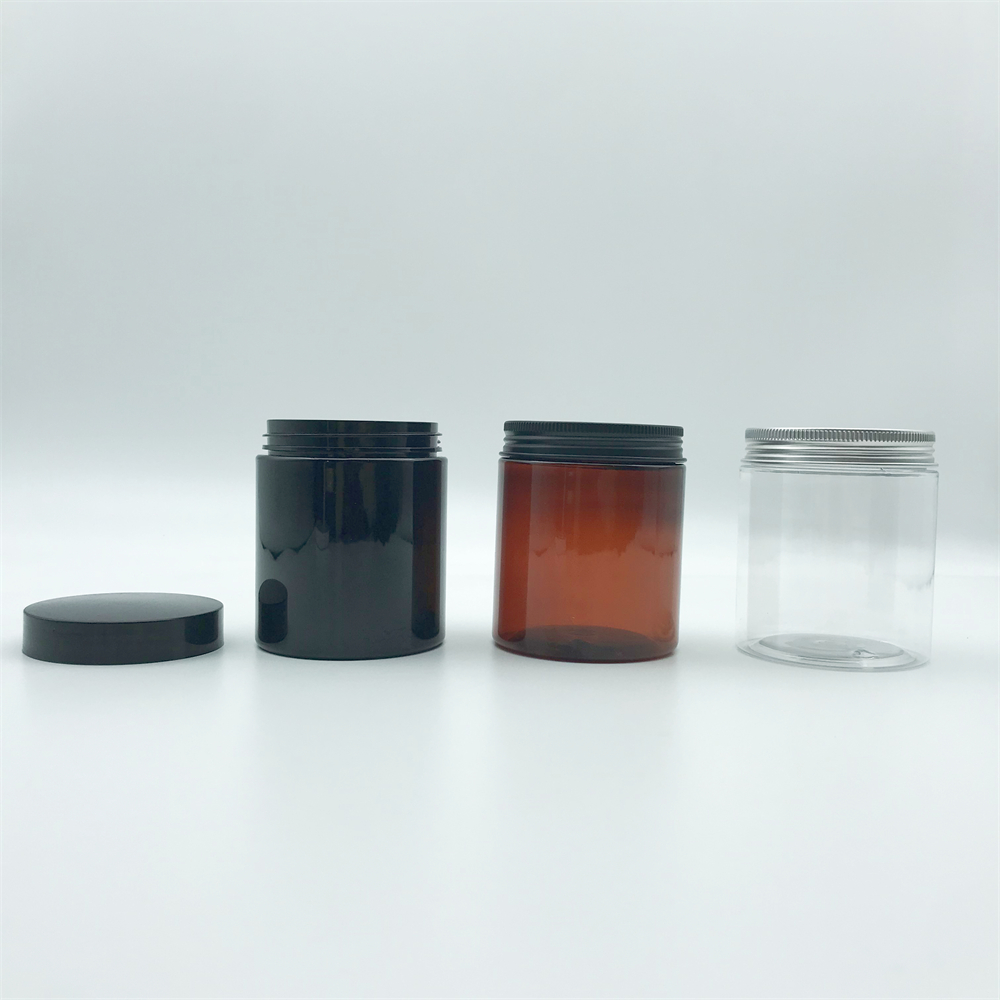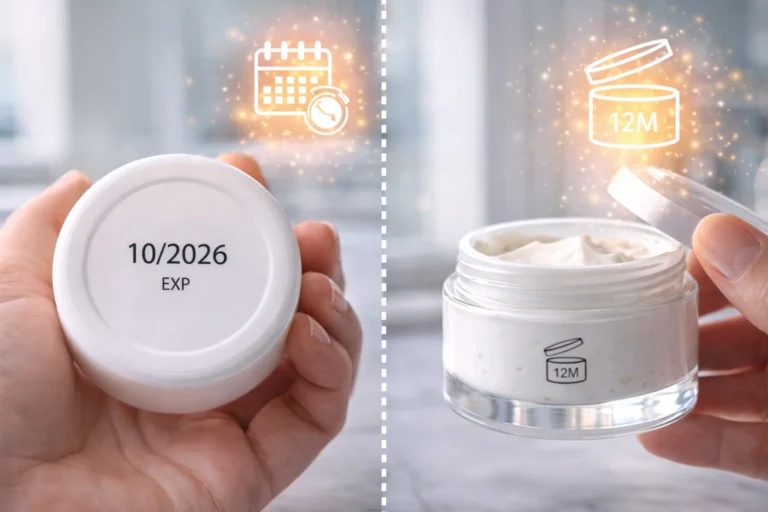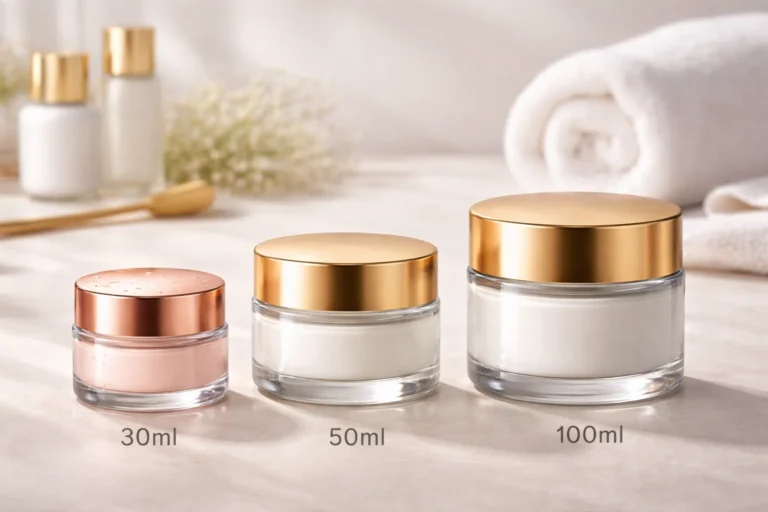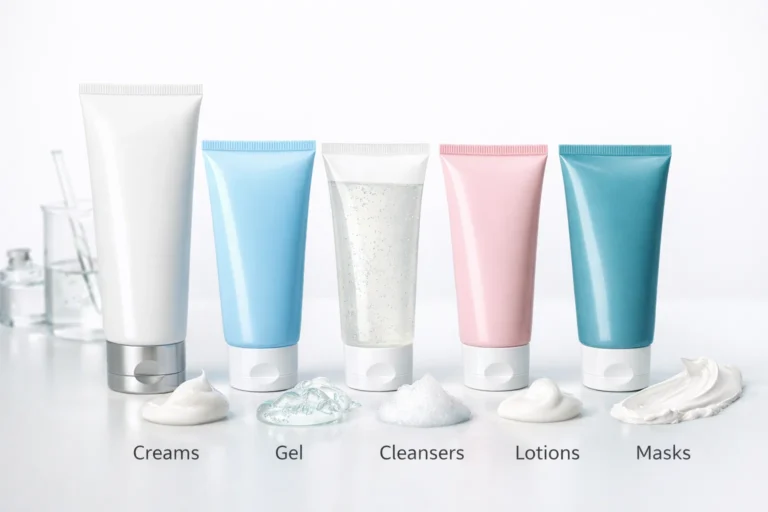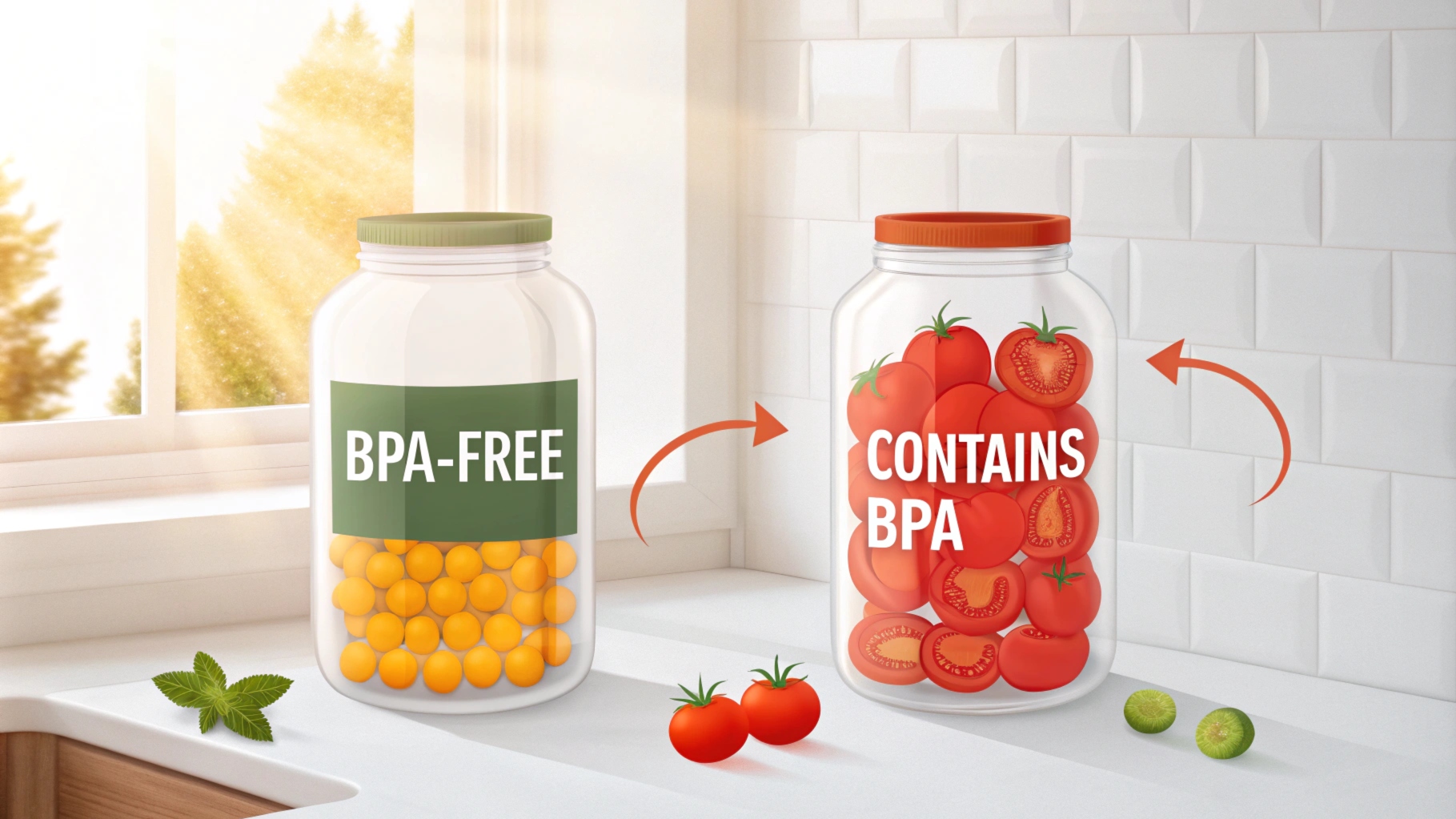
Plastic jars are commonly used for storing food, but concerns about their safety have surfaced in recent years. Are they truly safe to use, or do they pose risks to health?
Plastic jars are generally safe for food storage, but it depends on the type of plastic used and the conditions under which they’re used. Some plastics can release harmful chemicals, especially when exposed to heat or acidic foods.
Plastic containers are a convenient and affordable option, but are they completely safe? Let’s dive into the details to help you make an informed choice.
Do plastic containers leach chemicals into food?
Some people worry that plastic containers may leach chemicals into food, especially when the plastic comes into contact with hot or acidic substances.
Yes, certain plastics, especially older or lower-quality ones, can leach harmful chemicals into food, particularly when exposed to heat or over time. Common chemicals like BPA1 and phthalates can pose health risks.
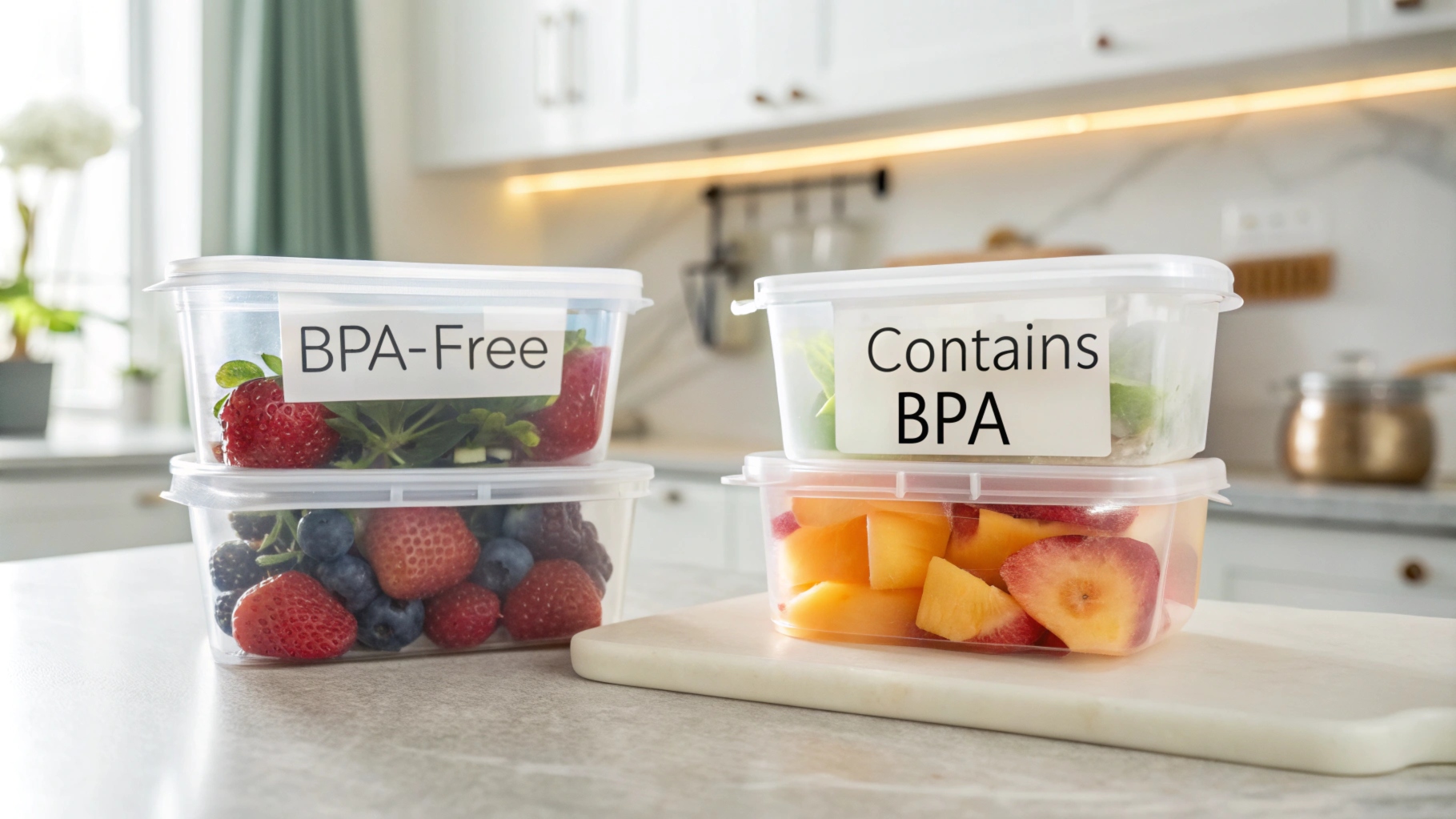
Dive Deeper into Chemical Leaching Risks:
When plastic containers are used to store food, the type of plastic plays a crucial role in determining whether harmful chemicals leach into the food. BPA (Bisphenol A) is one of the most talked-about chemicals. It is found in many hard plastics, including some containers. BPA has been linked to hormonal imbalances, and it’s a particular concern for children and pregnant women.
Here are some common plastic types and their safety ratings:
| Plastic Type | Common Use Case | Safety Concerns | Alternatives |
|---|---|---|---|
| Polycarbonate (PC) | Hard plastic jars, bottles | BPA leaching, endocrine disruption | BPA-free plastics2 |
| Polyethylene (PE) | Milk jugs, food storage bags | Considered safer, low risk of leaching | BPA-free PE, glass |
| Polypropylene (PP) | Food containers, microwave-safe products | Low leaching risk | Preferred option for food storage |
Not all plastic containers contain BPA, but many do. That’s why it’s important to choose BPA-free plastic if you are concerned about chemical exposure.
Should you avoid plastic containers?
While many people use plastic containers without issue, some may wonder whether it’s best to avoid them altogether.
It’s not necessary to avoid plastic containers completely, but you should choose BPA-free options and avoid using plastic for hot or acidic foods. A little caution goes a long way in protecting your health.
Plastic containers are affordable, lightweight, and convenient. However, certain conditions, like microwaving or washing with harsh detergents, can increase the risk of chemical leaching. If you’re looking for safer alternatives, consider using glass, stainless steel, or BPA-free plastic.
Does plastic release toxins when heated?
The question of whether plastic releases toxins when heated is one that many people worry about, especially when microwaving or storing hot food in plastic containers.
Yes, certain plastics can release harmful chemicals when heated, especially at high temperatures. This is why it’s recommended to avoid microwaving plastic containers that aren’t labeled as microwave-safe.
Understanding Heating and Plastic Toxicity:
When plastic containers are heated, the molecules in the plastic can break down, leading to the release of harmful substances like BPA, phthalates, and other plasticizers. These chemicals can enter food and, over time, may contribute to health problems such as hormone disruption.
Tips to minimize risk:
- Use only microwave-safe plastics.
- Avoid heating plastics that are scratched or old.
- Opt for glass or stainless steel for hot food storage.
Is storing dry food in plastic containers safe?
Dry food storage is an area where plastic containers are commonly used, but are they safe for long-term use?
Storing dry food in plastic containers is generally safe, provided you use the right type of plastic and store the containers properly. However, it’s important to choose food-grade plastic and keep them in cool, dry places to avoid any potential chemical leaching.
Key Considerations for Dry Food Storage:
Dry foods like pasta, rice, and cereal often have long shelf lives, so it’s important to store them in airtight containers to maintain their freshness. Food-grade plastic containers can be a good option for this, as long as they are BPA-free and used in appropriate conditions.
A good practice is to check whether the plastic containers are labeled with a food-safe symbol3. Additionally, storing plastic containers away from heat sources can reduce the risk of harmful chemicals leaching into the food.
Conclusion
Plastic jars and containers can be safe, but it’s important to select BPA-free options and use them correctly to avoid health risks. Pay attention to the type of plastic, the food being stored, and any potential exposure to heat or harsh conditions.
Footnotes
-
[BPA] is a chemical used in many hard plastics. It has been linked to hormone disruption and other health issues. ↩
-
[BPA-free plastics] are made without Bisphenol A, a chemical linked to health concerns. Choosing BPA-free plastics can reduce exposure to harmful chemicals. ↩
-
[Food-safe symbol] indicates that the plastic has been tested and certified as safe for food contact, ensuring it does not leach harmful chemicals. ↩
